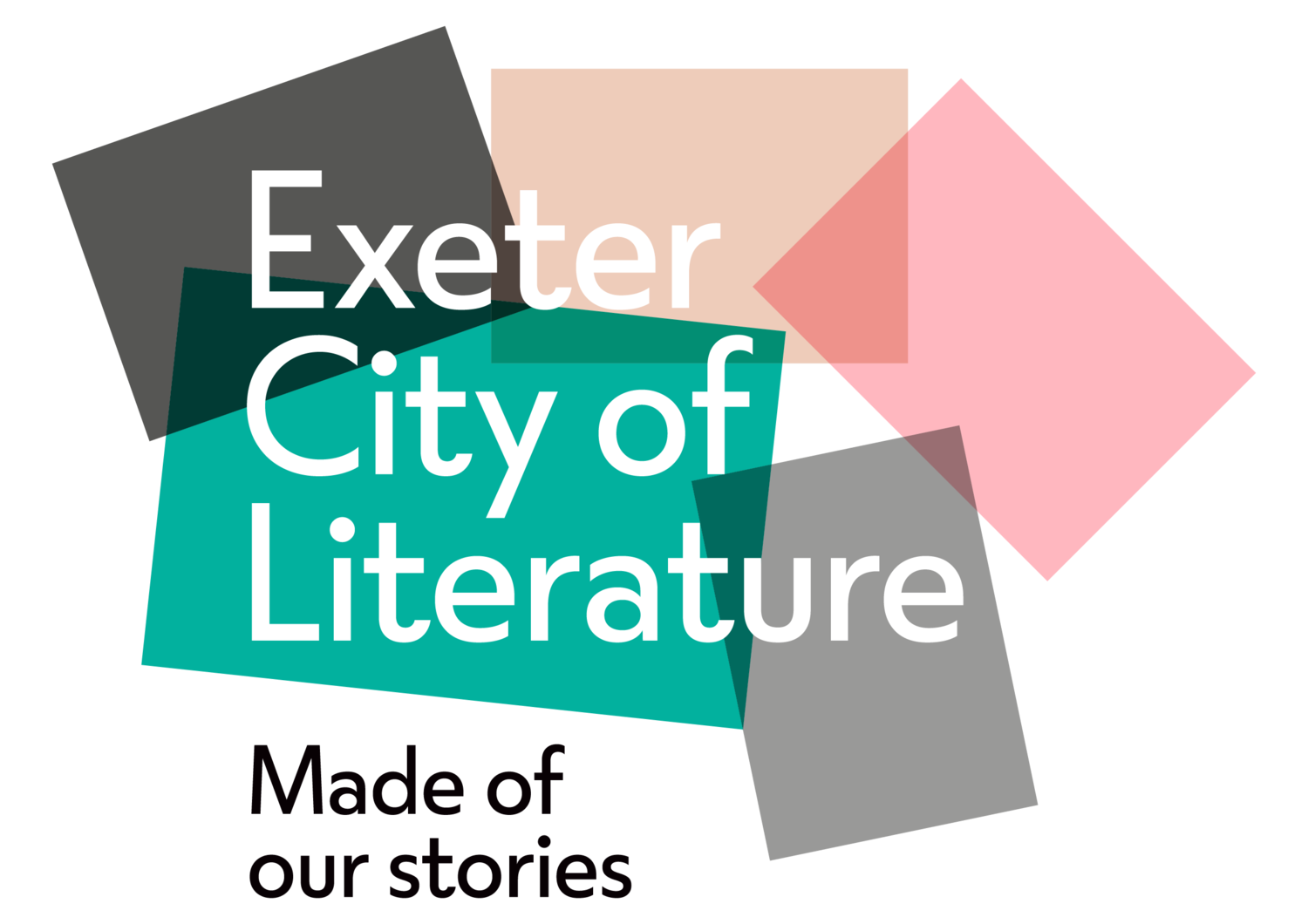Tim Lenton will talk about his collaborative work on Gaia with Jim Lovelock and Bruno Latour and how the ‘Critical Zones’ movement is creatively translating the new Gaia worldview. Within this he will address how his work on climate tipping points has inspired Extinction Rebellion and other activists, and how a narrative of ‘positive tipping points to avoid climate tipping points’ seems to work in empowering a diverse range of actors in the face of an otherwise demoralising climate and ecological crisis.
Cost: Free
Tim Lenton is the founder of the Global Systems Institute and Chair in Climate Change and Earth System Science at the University of Exeter. He has more than 25 years of research experience in studying the Earth as a system, and developing and using models to understand its behaviour. His books “Revolutions that made the Earth” (with Andrew Watson) and “Earth System Science: A Very Short Introduction” have popularised a new scientific view of our planetary home. Professor Lenton co-authored the “Planetary Boundaries” framework and is renowned for his work identifying climate tipping points. This award-winning work has led him on to examine positive tipping points within our social systems which could help accelerate progress towards a more sustainable future. Professor Lenton’s accolades include: Philip Leverhulme Prize 2004, European Geosciences Union Outstanding Young Scientist Award 2006 Times Higher Education Award for Research Project of the Year 2008; the Royal Society of London William Smith Fund, 2008; the Royal Society Wolfson Research Merit Award, 2013. Tim is a member of the Earth Commission, an ISI Highly Cited Researcher, and in the top 100 of the Reuters ‘Hot List’ of the world’s top climate scientists. He is also a Turing Fellow, a Fellow of the Linnean Society, Geological Society and the Society of Biology.
Accessibility Statement: Wheelchair accessible building and toilets, but due to the size of the building, not all areas will be accessible.

